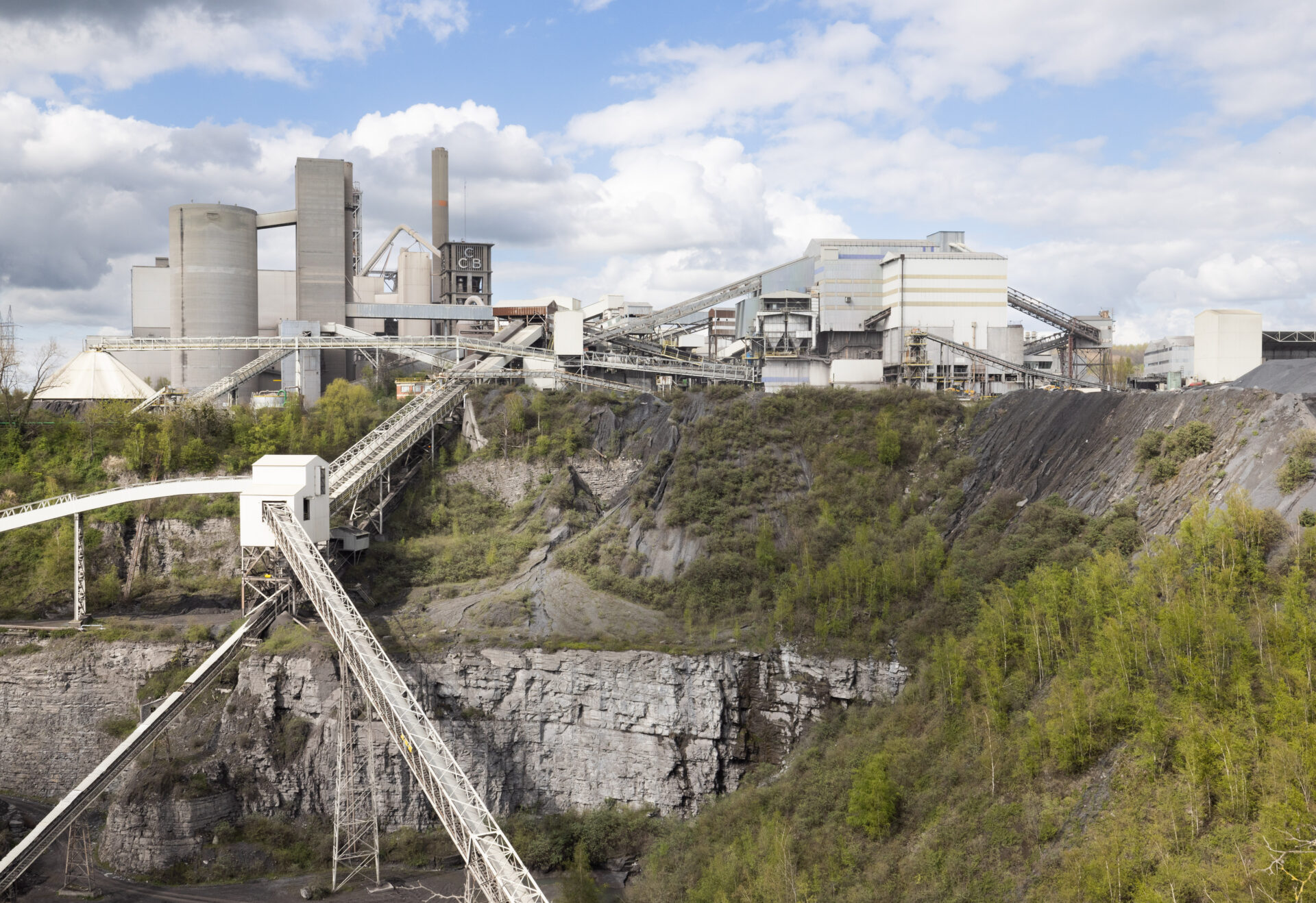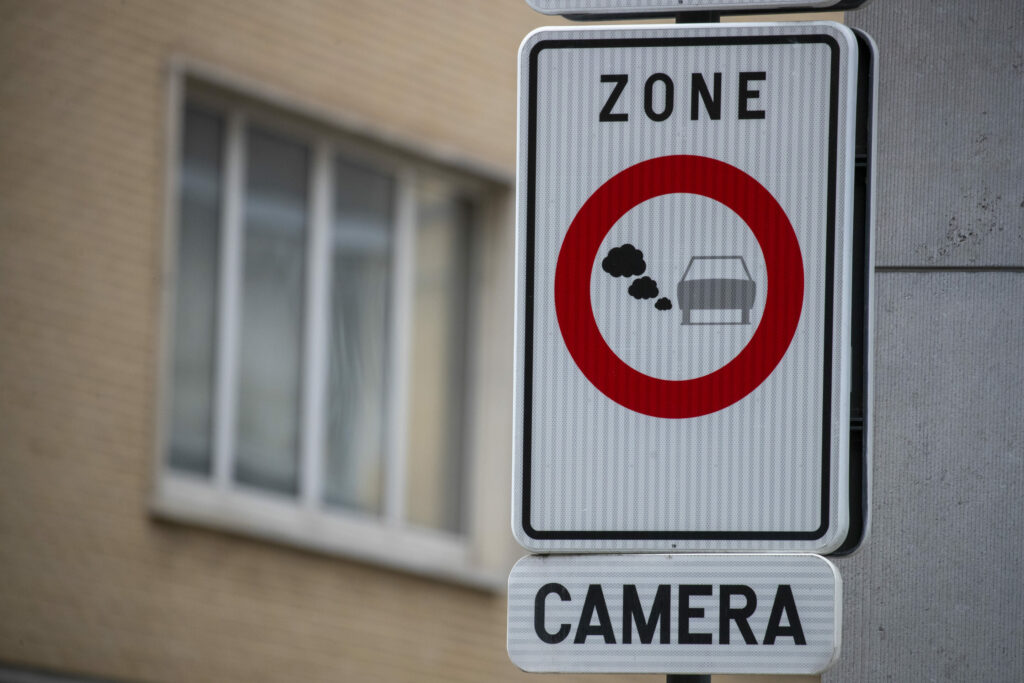Without a "major acceleration" in efforts to reduce emissions, Belgium will not achieve its goal of climate neutrality by 2050, according to a new report by the Ministry for Environment.
The Ministry's climate change department published a report – the first of its kind – analysing the country's progress towards climate neutrality by 2050.
As part of the European Green Deal, Belgium (along with other EU Member States) aims to cut emissions by 55% by 2030 and achieve carbon neutrality by 2050. However, the report by the Ministry for Environment has warned that while Belgium reduced its overall emissions by 28% between 1990 and 2022, the current pace of reduction "does not make it possible to achieve climate neutrality in Belgium by 2050".
As the decline in fossil fuel consumption is "too slow" and the rollout of renewable energy will only "just reach" or "just miss" targets for 2030, the Ministry warned that a "major acceleration is needed to reach the net zero emissions zone by 2050".
Five key sectors, all falling short
The report examined five key sectors which combined account for more than 98% of Belgium's total emissions (transport, buildings, energy, industry and agriculture). It flags that "no sector is on a trajectory consistent with climate neutrality scenarios" and highlighted that in the case of industry, energy and buildings, there is progress but things are moving "too slowly".
In terms of energy, the report says that the installation of renewable energy capacity needs to be accelerated to reach neutrality by 2050, as energy consumption in Belgium remains "heavily dependent on fossil fuels" (accounting for 72% of final energy consumption in 2022).
Belgium's buildings also need to be renovated more quickly in order to reduce energy demands, the report says, and the electrification of heating "must be accelerated" to help reduce emissions from the sector.
With industry, emissions are also falling too slowly to reach net zero by 2050, and the report notes that the replacement of fossil fuel raw materials with alternative options (bio-sourced, recycled or synthetic fuel-based materials) "has not yet begun".

Cementworks in Gaurain-Ramecroix, Tournai. Credit: Belga
Sliding backwards
The report warned that other sectors, notably land use (agriculture) and international transportation, see their emissions moving "in the wrong direction".
Emissions and energy consumption from international transport are "increasing rapidly", and the Ministry said that decarbonisation options (such as bioenergy, e-fuels or electrification of aviation and shipping) are not sufficiently mature to offset the upward trend.
Meanwhile, emissions from agriculture have been on the rise for at least a decade (mainly due to the increased surface area of greenhouses and the number of tractors in Belgium), and natural carbon absorption by the land is falling as grasslands and forests are being built on.
The Ministry emphasised that across all sectors, urgent collective and coordinated action is needed. "The reduction of energy consumption, the replacement of fossil fuels with decarbonised energies, and the deployment of the most efficient technologies must be accelerated," it said.

